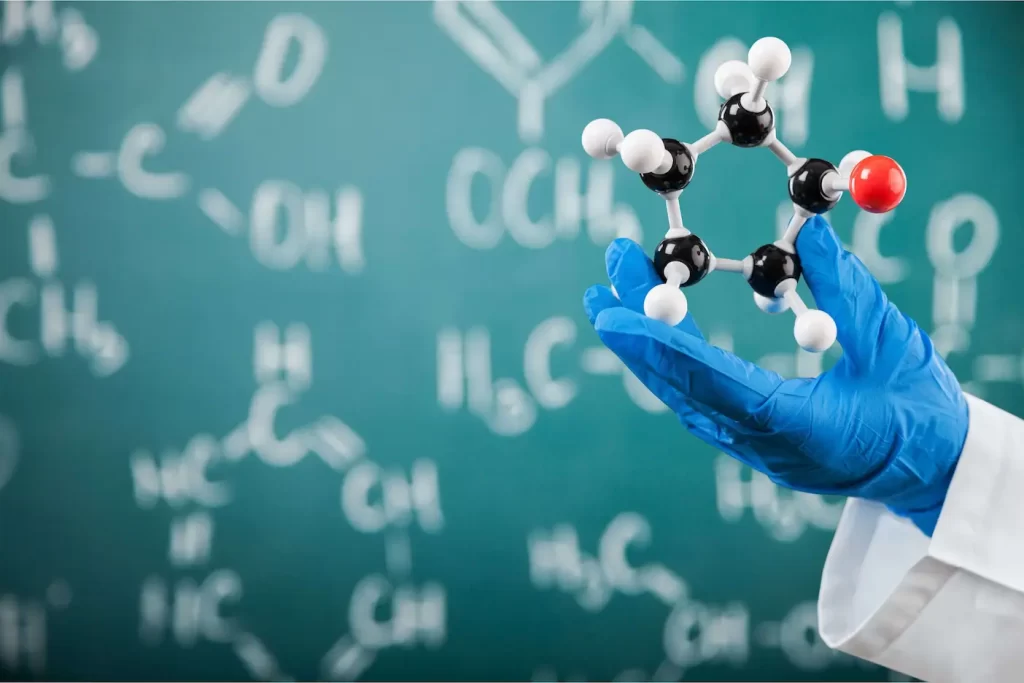The pharmaceutical industry plays a vital role in modern healthcare, providing the drugs and medications that help treat and cure a wide range of diseases and medical conditions. Central to this industry is the production of Active Pharmaceutical Ingredients APIs, the chemical compounds that form the core of pharmaceutical products. The demand for APIs continues to grow, and as a result, the industry is evolving to meet these demands while ensuring efficiency, quality, and safety in the manufacturing process. One key aspect of this evolution is the adoption of advanced technologies that are revolutionizing commercial API manufacturing. Historically, API manufacturing has relied on traditional chemical synthesis methods, which can be time-consuming, resource-intensive, and sometimes associated with environmental concerns. However, the pharmaceutical industry is embracing advanced technologies to transform and optimize API manufacturing in several ways.

Continuous Manufacturing – The shift towards continuous manufacturing processes is a significant advancement in API production. Unlike batch manufacturing, continuous processes allow for a steady and consistent flow of raw materials, reducing waste, and enabling real-time quality control. This technology also enhances the scalability of API production, making it easier to meet growing demands and adapt to changing market needs.
Process Analytical Technology PAT – PAT involves the use of various sensors, probes, and analytical tools to monitor and control key parameters during API manufacturing. This technology enables real-time monitoring, data collection, and analysis, ensuring that the manufacturing process remains within specified limits. PAT not only enhances product quality but also reduces the risk of manufacturing failures and costly rework.
Automation and Robotics – Automation has made significant inroads in API manufacturing. Robots and automated systems are used for tasks such as dispensing, mixing, and packaging, which help reduce human error, improve production efficiency, and maintain consistent product quality. With the aid of machine learning and artificial intelligence, these systems can adapt and optimize processes based on data inputs, making them increasingly self-sufficient.
Green Chemistry and Sustainable Practices – As the world become more environmentally conscious, the pharmaceutical industry is focusing on sustainable API manufacturing. Advanced technologies are being employed to design greener and more eco-friendly processes. This includes the development of innovative catalysis methods, renewable feed stocks, and the reduction of hazardous waste. These efforts not only align with corporate social responsibility but also help reduce costs associated with waste disposal and regulatory compliance.
High-Throughput Screening – High-throughput screening is a technology that accelerates the discovery and development of new APIs. By quickly testing a large number of compounds to identify potential drug candidates, this approach reduces the time and resources needed for drug development. It leverages advanced robotics, data analysis, and automation to streamline the screening process.
Data Analytics and Artificial Intelligence – Data-driven decision-making is at the core of modern API manufacturing. Advanced data analytics and artificial intelligence are used to optimize various aspects of production, from raw material selection to quality control. These technologies help predict potential manufacturing issues, improve process efficiency, and enhance the overall quality of the final product.
Supply Chain Optimization – API Manufacturing Facilities are also being used to optimize the supply chain of API manufacturing. This includes the use of blockchain for enhanced traceability, real-time monitoring of inventory, and predictive maintenance of manufacturing equipment to reduce downtime and ensure a continuous supply of APIs.
